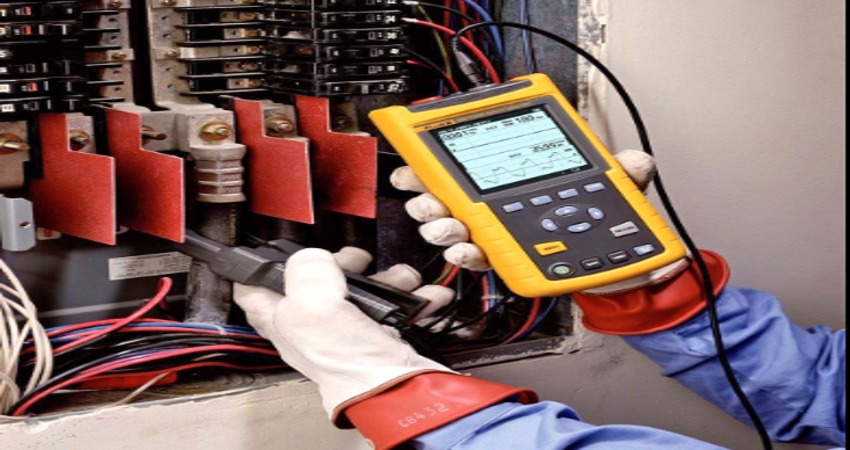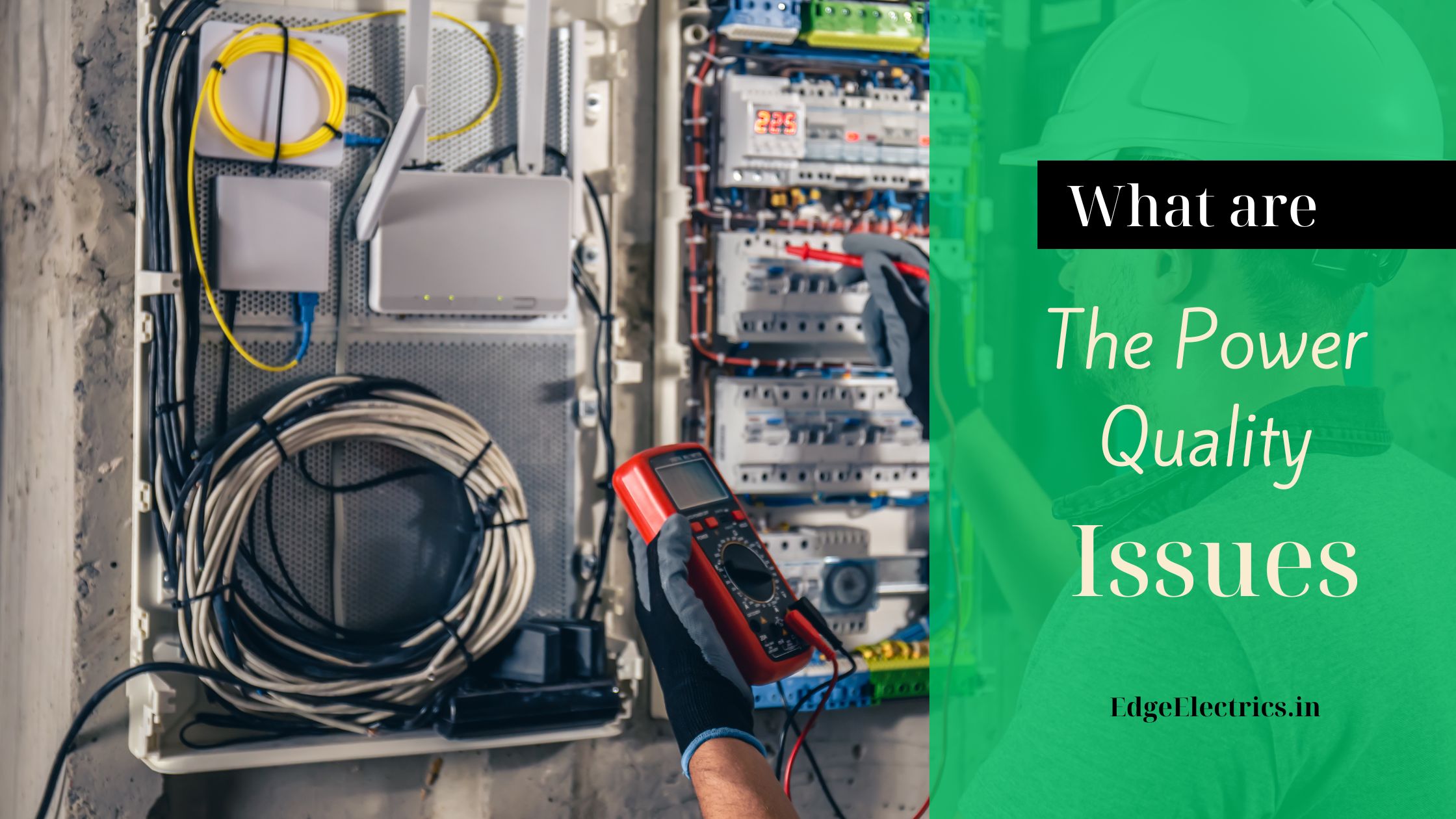
Power quality is a critical feature of electrical systems, and measuring Power Quality in Electrical Systems makes certain that the electrical power supplied to equipment and facilities is both stable and efficient. But why is power quality measurement so important, and what exactly does it involve?
Understanding Power Quality
The characteristics of the electrical power supply as it interacts with electrical devices is referred to as power quality. The main goal of ensuring high power quality is to deliver voltage and current that remain within certain tolerances, free from disturbances for instance voltage sags, surges, harmonics, and interruptions. Inadequate power quality can cause a range of problems, from equipment malfunction to significant energy inefficiencies.
Reasons for Measuring Power Quality
- Protecting Equipment and Infrastructure : One of the primary factors for measuring power quality is to protect electrical equipment. Many devices, especially sensitive electronics like computers, servers, and industrial machinery, are highly vulnerable to power disturbances. Poor power quality can lead to premature failure, overheating, or malfunction of these systems. By regularly measuring power quality, issues can be identified and mitigated before they result in costly downtime or damage.
- Optimising Energy Efficiency: Another key reason for monitoring power quality is energy efficiency. Power disturbances for instance harmonic distortions or unbalanced loads can cause wasted energy and higher utility costs. When power quality is measured and analysed, businesses can take corrective actions to optimise the performance of their systems and decrease energy consumption, thereby cutting costs and reducing their carbon footprint.
Compliance with Industry Standards:
In many industries, companies must adhere to strict power quality standards set by regulatory bodies. Measuring power quality assures compliance with these standards, helping companies avoid fines, penalties, and potential operational shutdowns. For example, the IEEE (Institute of Electrical and Electronics Engineers) has specific guidelines related to voltage fluctuations, harmonics, and other aspects of power quality.
- Preventing Power Outages and Downtime: Poor power quality can cause unexpected power outages or disruptions in critical systems. For industries that depend on continuous power for manufacturing, healthcare, or data processing, downtime can result in significant financial losses. Measuring power quality aids to detect issues like voltage dips, transients, and imbalances that could potentially cause outages. Early detection and correction prevent unplanned interruptions, keeping operations running smoothly.
- Improving Power System Reliability: A reliable electrical system is important for the smooth operation of modern infrastructure. By measuring and analysing power quality, electrical engineers can assess the overall health of a power system, identifying vulnerabilities and areas for improvement. This proactive approach enhances reliability and extends the lifespan of the electrical infrastructure as well.
- Enhancing Safety: In some cases, poor power quality can pose safety risks. Overheating, short circuits, and electrical fires can result from power disturbances. Measuring power quality helps ensure that electrical systems are operating within safe parameters, lowering the risk of accidents and ensuring compliance with safety standards.
What is Involved in Measuring Power Quality?
Power quality measurement typically involves monitoring several key parameters, including:
- Voltage and current levels: Ensuring they remain within acceptable ranges.
- Frequency variations: Measuring how stable the supply frequency is.
- Harmonics: Analysing distortions in the waveform due to non-linear loads.
- Transients: Identifying sudden changes in power that can disrupt systems.
Electrical engineers use specialised equipment like power quality analyzers to capture and analyse these data points, helping to diagnose potential issues and recommend corrective actions.
Conclusion
Measuring power quality in electrical systems is compulsory for maintaining the performance, efficiency, and safety of both equipment and infrastructure. From protecting sensitive devices to developing energy efficiency and confirming compliance with industry standards, regular power quality assessments can cause significant operational benefits. Ultimately, it helps businesses avoid costly downtime, increase system reliability, and maintain a safer working environment.
By understanding and managing power quality, industries can make sure their electrical systems are resilient, efficient, and aligned with their operational goals.
continue reading
Related Posts
Power Quality Disturbances are voltage sags, swells, spikes, fluctuation and […]
Maintaining Good Power Quality includes several important characteristics such as […]
Ensuring good power quality is crucial in electrical systems. As […]



